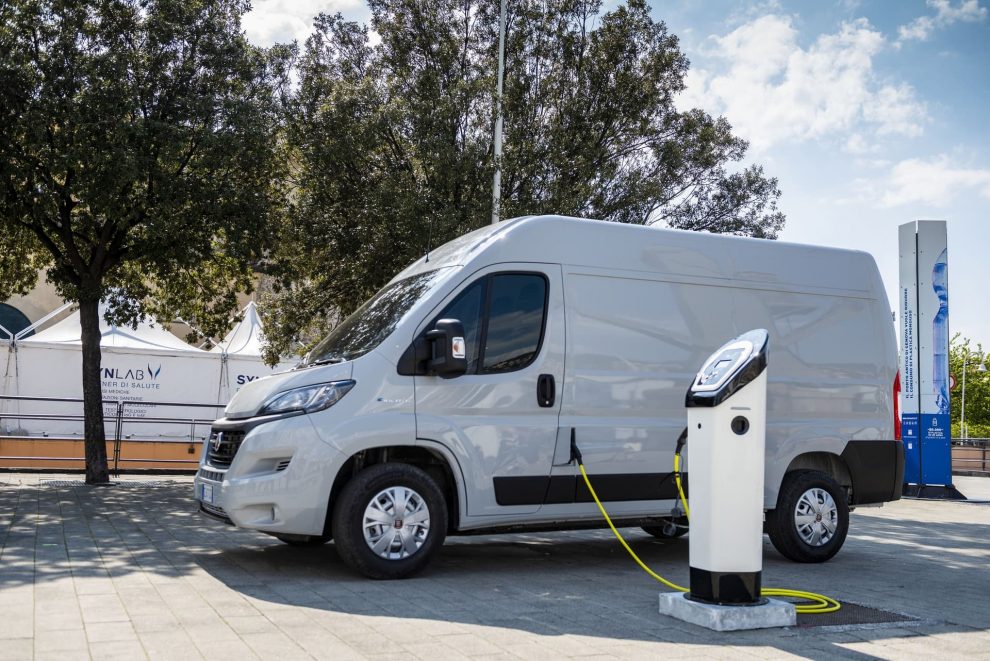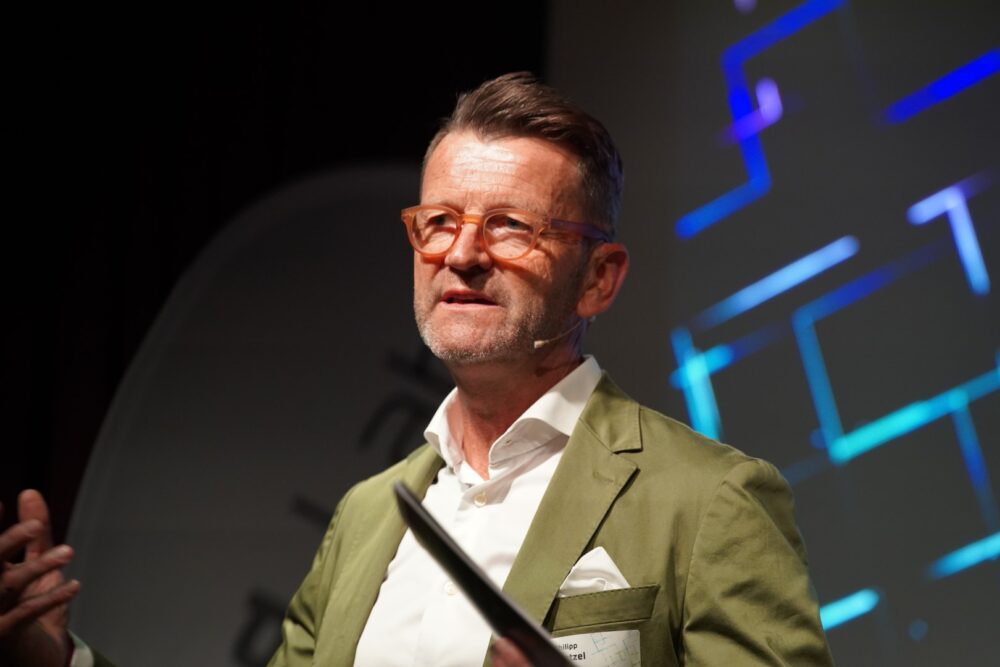CO2 Act: Opportunity for real alternatives
EXPENSIVE, USELESS, UNJUST The surprising rejection of the CO2 law is welcomed by the automotive industry. The bill would not have brought much to the Swiss industry - apart from additional cost burdens. The CO2 reduction targets for new passenger cars and commercial vehicles from 2025 and 2030 respectively provided for in the law were undisputed anyway. A new law must necessarily include stronger promotion of the charging [...]

The CO2 reduction targets for new passenger cars and commercial vehicles from 2025 and 2030 respectively provided for in the law were undisputed anyway. A new law must necessarily provide for greater promotion of the charging and refueling infrastructure for alternative drive systems as well as investments in the production of synthetic fuels.
Promotion of public and private charging infrastructure
Now there is a unique opportunity to drive climate policy forward with investments in modern technology and innovations, instead of placing a financial burden on those who do not yet have access to appropriate offerings today.
For road transport, this means: Promoting public and private charging infrastructure, supporting refueling options for new fuels such as hydrogen, and investing in the production of synthetic fuels in Switzerland.
Focus on promoting new drive systems
Christoph Wolnik from the Association of Swiss Automobile Importers auto-schweiz: "A new CO2 law must now be written that focuses on promoting new drive systems in road transport. We are less concerned with government purchase premiums than with ensuring that electric or hydrogen cars can also be charged and refueled - and their numbers on our roads will rise sharply in the coming years."
Synthetic fuels for existing vehicle fleets
Furthermore, in addition to decreasing CO2 emissions from new vehicles, greater consideration must be given to the existing vehicle fleet. Here, auto-schweiz is in favor of supporting the production of synthetic fuels in Switzerland.
Christoph Wolnik: "The crediting to fleet emissions, as provided for in the law, is welcome. But the cost-intensive production of synthetic fuels must be promoted beyond that - and at production sites in Switzerland."
Background: This approach would make the reduction of dependence on oil imports from abroad, which the proponents of the crashed CO2 law had put forward during the referendum campaign, a reality step by step.
Bill with fewer bans but more incentives
Urs Wernli, Central President of the Swiss Auto Industry Association: "With this 'No' vote, the Swiss have by no means spoken out against serious efforts to reduce CO2 emissions. But they have opposed a misguided law and government paternalism."
The AGVS recognizes and supports the efforts to reduce climate-damaging emissions in road traffic as well. It demands a new bill from parliament with fewer bans but more incentives. Always with the aim of promoting innovations in renewable energies.
Rapid expansion of the public charging infrastructure
Urs Wernli: "I would like to see a discussion that is open to all technologies. In addition to the rapid expansion of the public charging infrastructure for electric vehicles, we also call for targeted support for private charging stations. This is the only way we can ensure that the new plug-in vehicles that will be coming onto our roads in the next few years can also be charged."
In addition, a new CO2 law should also promote refueling options for hydrogen or investments in the production of synthetic fuels, which can also make an important contribution to climate protection.









